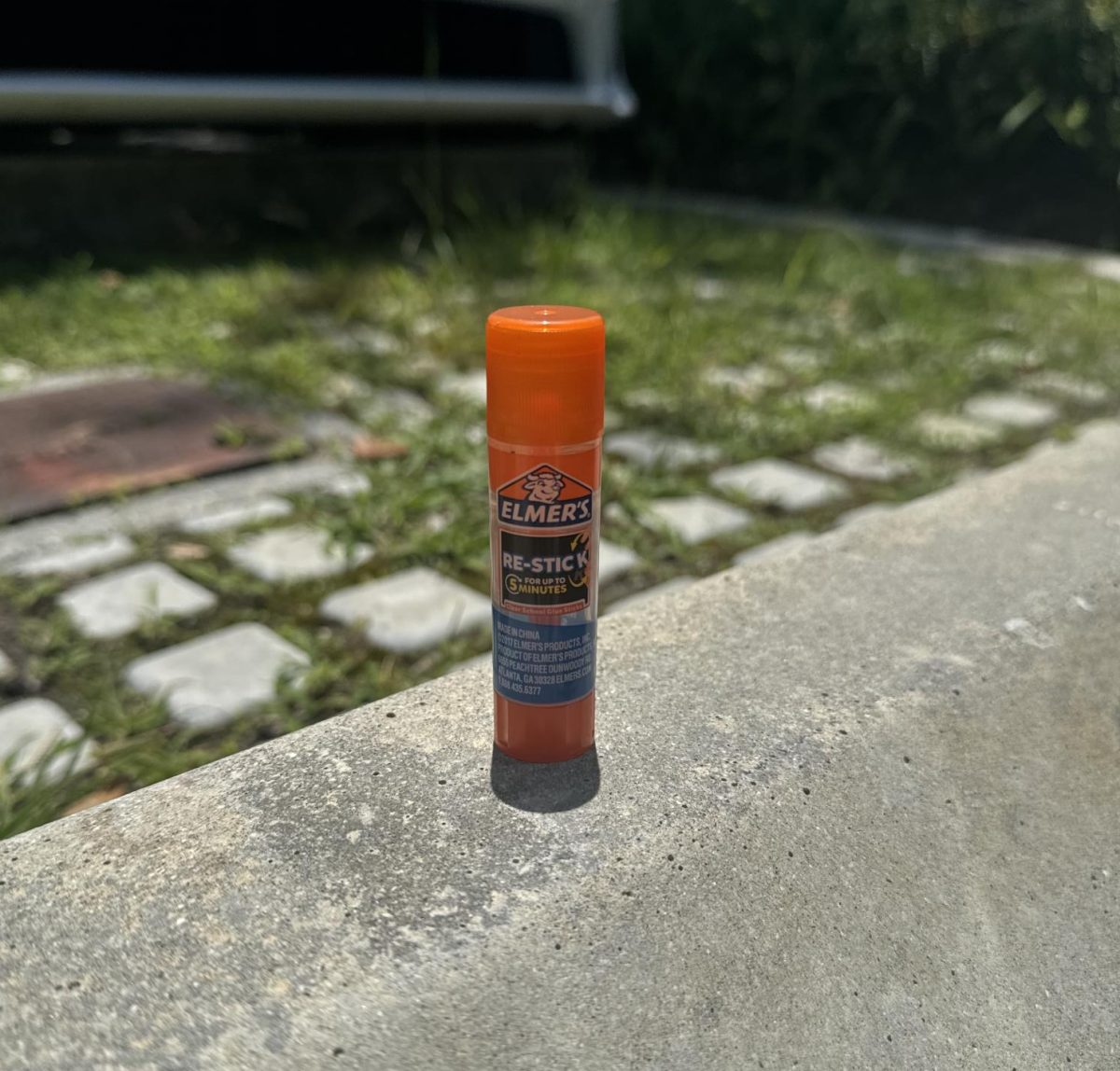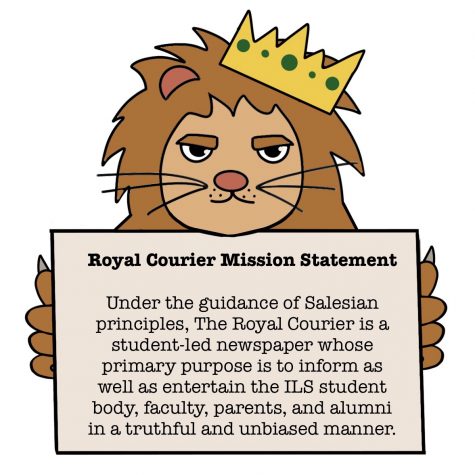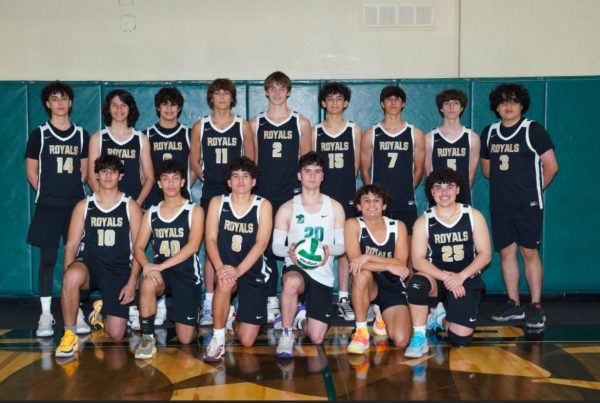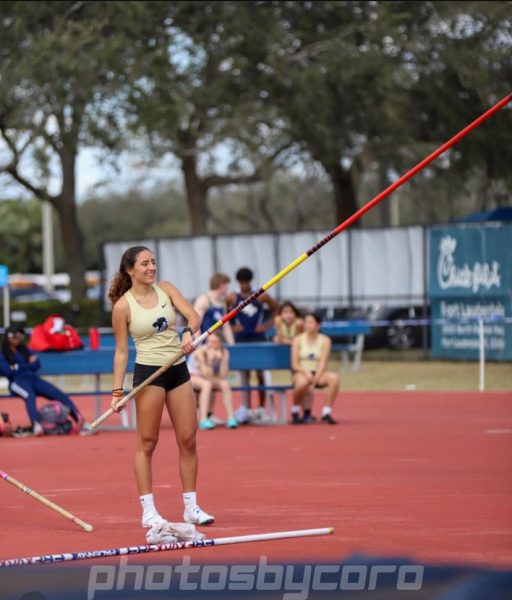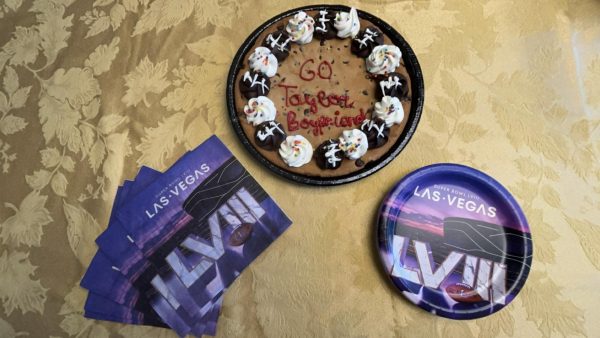7 Steps to a Successful Athletic Career at ILS
May 19, 2021
There’s nothing like playing a sport and being known as a student-athlete.
When it’s all said and done, with a chance to reminisce, the best feeling is acknowledging what’s been accomplished, and being proud of the career you had. That said, there’s no skipping steps in order to pursue that goal. Rather, persistence is needed.
Countless hours and effort in the gym, perfecting your respective craft sets you up for success, but doesn’t finish the job. At the end of the day, it”s more than being able to dribble the ball or put the ball in the basket. Having a successful athletic career – specifically at Immaculata- La Salle – isn’t a walk in the park, and that’s what makes its label so valuable.
Here are seven steps to consider as you commence or continue a four-year athletic campaign at ILS:
Step 1: Do what others don’t.
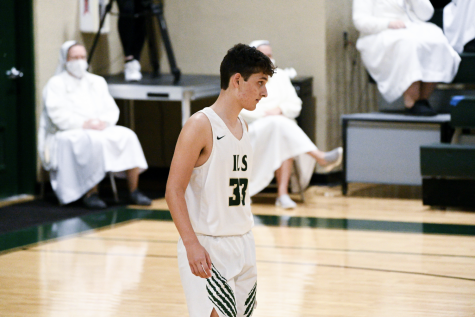
Not everyone could be the perennial scorer, nor could they be the headline of a team. Usually, that reign belongs to one or two people per group, while others are overlooked when it comes to making a difference. That’s why it’s important to locate what your group is missing.
In my case, the La Salle Boys’ Basketball team lacked depth at the 4-5 spot, missing the size that some of its competitors had. Joining the Varsity team as a junior after spending my last two years on JV, a role on the team was certainty not promised for me. However, practices had shown me that rebounding and presence at the basket was. And after prioritizing myself to do exactly that for the past two years, I’ve been a starter ever since with an irreplaceable role in the rotation.
Moral of the story: no team is perfect, opening the door for someone to help bring that unit to the next level. Take advantage of what’s available and don’t be close-minded on the stereotypes thought of.
Step 2: Understand the game.
There’s no hiding knowledge for the game. When it’s time to make a decision on the court or field, intelligence will come into play and either make you look foolish or informed.
Not being the most athletic on the court at all times, I relied on my ability to process what was going on in the court at all times. I would read and call out every screen or cut, and would value the use of boxing out for rebounds. That said, I also understood what looks to take offensively and when to take dish it out for a higher percentage shot.
Simply understanding the speed of the game at a Varsity level sets you up for a pile of success. Typically, this comes through experience, but watching personal film, along with typical basketball like the NBA and NCAAB puts you at an advantage.
Step 3: Don’t take criticism personally.
There are times when players and coaches will test you mentality following a difficult outing or questionable play. That’s the time to understand what was miscalculated, but to also stay focused intellectually.
Many times throughout my four-year basketball stint, I was overlooked at my respective role due to my size and athleticism, which led to remarks from all sides. Still, keeping my ‘mental’ sharp helped me block that negativity and find a passion at my duty on the court.
All of that said, feeling some type of way because of a coach or teammate yelling or calling you out is selfish, to say the least. Take it into a positive perspective, with everyone eying the same goal in mind: a memorable season.
Step 4: Understand and fight adversity.
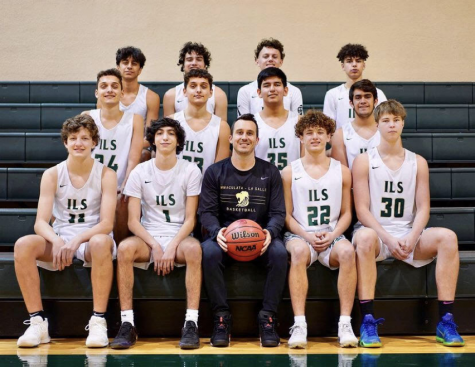
It’s not always glitz and glamor in the sports world. Many times, hardships come about, and getting through those stages is what makes a good athlete a great one.
For the ILS basketball team, our past season got off to a difficult start, with COVID-19 halting nearly two weeks of practice prior to the opener. A lack of chemistry and overall frustration as a whole put us in a difficult position through the course of a three-month stretch. By the end, we had won just two games entering district play. However, that didn’t matter.
We went on to win two consecutive games and compete for the district title, the first time in nearly a decade. That said, it was an accomplishment unthought of in the eyes of others, simply because of what the record books displayed. Our team remained humble and certain that a spark could initiate a noteworthy run, which we did.
Like myself, you’ll eventually run into a curb that’ll halt you and your team from reaching the ultimate goal. Whether it be an injury, COVID-19 or fatigue, it’s up to you to keep the team collected and moving in the right direction.
Step 5: Respect A Coaches Word.
There’s a reason they were put into your life. Coaches are there to teach, whether it be about the sport or a lesson regarding life in general. It’s vital to be polite and show courtesy to what a head coach, assistant coach, or athletic director has to say, whether you agree with it or not.
Failing to do so shows ignorance, which will get you far from any athletic goal, along with future projects. Absorbing the view of others doesn’t hurt, rather benefits your mind into thinking in different ways.
Step 6: Understand when to step things up.
There’s always a time to play around, and then there are moments where seriousness is mandated.
This should be the case minutes before tip-off, just to focus on the match and what to expect. Of course, there’ll be moments to have fun with teammates, but successful teams understand when to flip the switch and recognize the common goal.
Your mentality should also adjust the day off any game. It’s important to have it in mind during school, lunch and pre-game. Mental awareness is just as important as talent in sports.
Step 7: Enjoy the ride.

After four illustrious years of high school basketball, I’m saddened to say that it went by as quickly as many had told me. Time flies, and I learned that the hard way.
That said, I leave no regrets on the court at ILS, having displayed everything I had in my arsenal during the course of two years on JV and the remaining on Varsity. I demonstrated class, a love for the game and the power to shift the momentum for my team. At the same time, we made history when things weren’t lined up for us.
All of that said, decades from now, I won’t remember which games we won. Instead, I’ll cherish the moments we had after school, on the bus, during warmups, in the locker room and during practice. The bond you form with a group of people is irreplaceable, and for many high school student-athletes, expires after four years.
Enjoy those moments, because you won’t get them back.
Final thoughts
Being a well-rounded student-athlete isn’t easy. It’s on you to push yourself in the classroom and on the court to see development. Expecting things to come to you for no valid reason formulates a loser’s mentality, and is the opposite of what a successful student-athlete is.
Keep these things in mind as you undergo arguably the best four years of your life.












